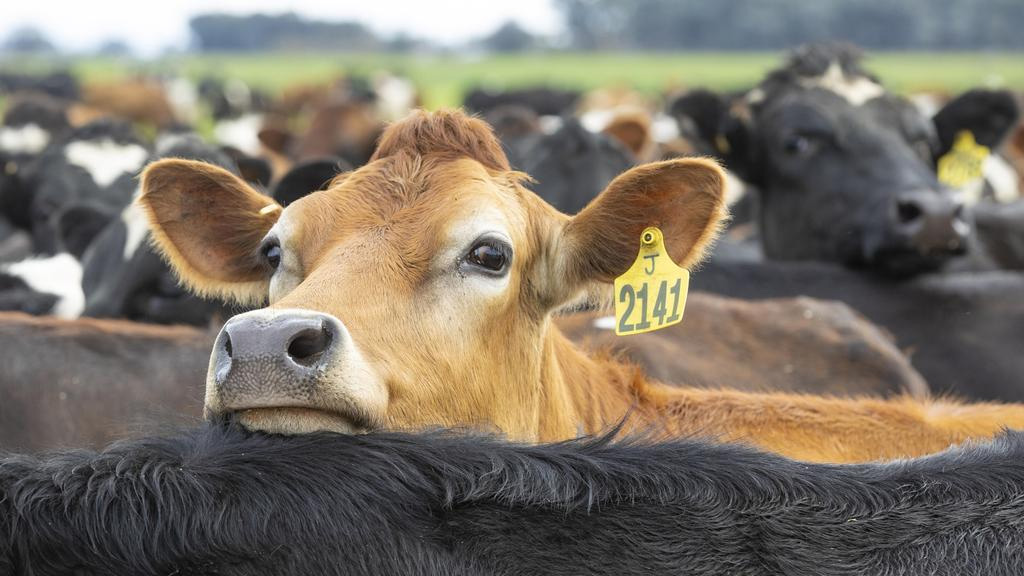
Article by Rosie Lewis, courtesy of the Australian.

Farmers say their exports will become less competitive if Labor refuses to carve agriculture out of a key plank of its climate policy, raising pressure on Jim Chalmers to overhaul a mandatory requirement for companies to disclose climate risks.
As the government tries to win over Senate crossbenchers to pass its mandatory disclosure climate reporting scheme, which already has the support of the Greens, farmers cautioned they’ll be captured indirectly by having to supply emissions data to banks, insurers, suppliers and customers.
While the scheme captures businesses with a turnover of $50m or more, there are concerns farmers – who supply big supermarkets and other large companies that will have to make climate disclosures under the program – will be affected by scope 3 reporting requirements. Scope 3 includes emissions along the supply chain, which are not generated directly by a company within its fence line or through its electricity consumption.
“Farmers are already bowing under the weight of red tape and rising input costs. Add more compliance costs and farmers’ bottom line will take a hit,” National Farmers Federation president David Jochinke said.
“If our overseas competitors aren’t subject to the same requirements, this throws the playing field off kilter. We are also not confident there are adequate protections for farmers who do not wish to disclose data.
“If farmers do have to report, there should be simple and consistent calculators made available so farmers only have to report once – not in a different format for every business they interact with.”
In a letter sent to the Treasurer in May, which The Australian understands has received no response, the NFF noted agriculture had been excluded from scope 3 reporting under the US scheme.
“It is concerning that the lack of this requirement in competing export countries can create a cost disparity,” NFF chief executive Tony Mahar wrote.
There were expectations the mandatory disclosure regime – a “priority reform” for Labor and an election commitment – would be voted on before the winter recess, but the legislation was dropped from the Senate’s agenda.
The government wants the scheme to begin on January 1 and says affected companies would be required to produce scope 3 emissions reporting only from their second year onwards.
“When required, (scope 3 disclosure) may lag the reporting year by up to 12 months, allowing entities to use information gathered from public disclosures made by other entities in the previous year,” government sources said.
“Reporting entities will only be required to provide information readily available to them at the reporting date without undue cost or effort. This means they do not need exact data or detailed information that their customers or suppliers cannot provide easily.”
Under the proposed scheme, large companies and asset managers will be required to reveal climate-related risks, risk-management strategies and emissions targets to investors in a bid to increase transparency and reduce “greenwashing” – false or misleading environmental and sustainability claims.
Opposition Treasury spokesman Angus Taylor hit out at Labor’s “green tape bomb” and said it was exactly the wrong law to legislate in the current environment. “As drafted, this legislation has world-leading compliance costs and will have a particularly onerous impact for small and medium businesses, as well as farmers, who are essential to a strong economy,” Mr Taylor said.
“Treasury analysis confirms this bill will impose $2.3bn in compliance costs in its first year.”
